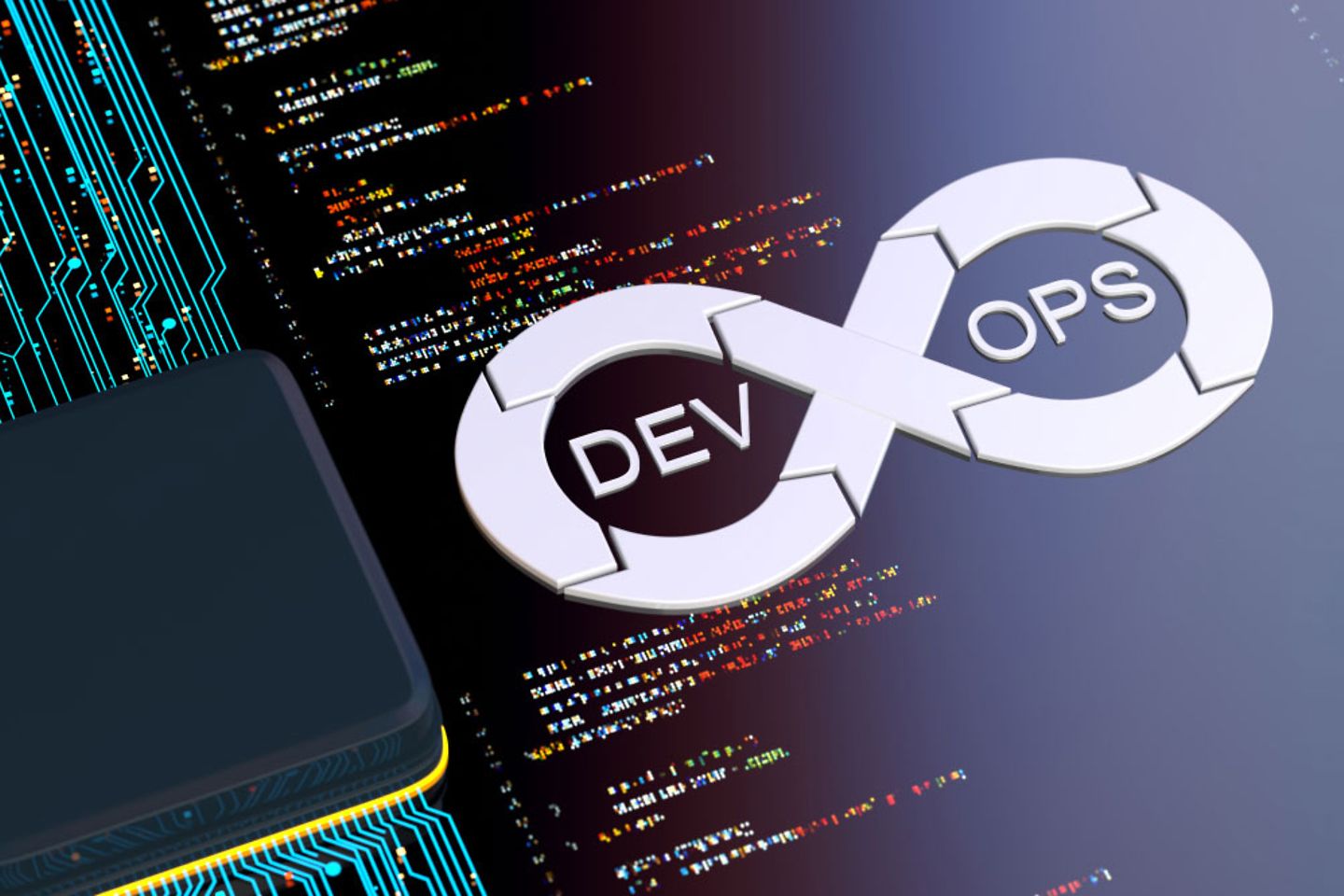
Traditional SAP development processes mean implementing changes at a snail's pace. It often takes a long time until necessary changes or new business requirements are mapped into a SAP system. DevOps is a different story. The agile approach enables faster adjustments, shortens release cycles, and ensures greater quality in the SAP operation overall.

A collection of methods, tools, and mindsets with which software development and IT operations work closely together are behind DevOps. The aim is to establish processes for continuous integration, development, provision, and improvement of software in companies. Using Continuous Integration (CI) and Continuous Deployment (CD) allows SAP development projects to stay up-to-date and be more likely to deliver to the end user. The advantage: Since the developers and IT operations teams coordinate closely, potential sources of errors are detected early on so that individual developments within the SAP systems become significantly more robust and failsafe.
An example: The German Supply Chain Act (LkSG) comes into force on January 1, 2023. It states that companies along the supply chain must take on responsibility for the dealings of their partners. Therefore, they must adapt the SAP systems implemented in procurements and the supply chain to the statutory stipulations. In the classic SAP development model, the business specialists pass on their requirements to the IT department. Organizational silos make cooperation more complicated because tasks such as programming, testing, or transitioning into the live SAP environment are confusingly pushed back and forth between the teams. This kind of process often lasts for several months. With DevOps, on the other hand, the required adjustments can be tested and rolled out earlier – and this is not just in the supply chain but also in all other business areas such as financial accounting, logistics, or sales.

While companies often rely on DevOps for non-SAP projects, the level of DevOps maturity in SAP organizations is still on the low side. According to a current survey conducted by the German IT-Onlinemagazin, only four percent of SAP customers use DevOps throughout the company, 14 percent in several divisions, and 20 percent for initial pilot projects. Nevertheless, it is expected DevOps will play an essential role for more than half of SAP organizations in the future. In this connection, SAP customers primarily expect a higher quality of processes in software development, greater transparency of the processing status of customer requirements, greater options for automation for the entire software lifecycle, and relieving specialist departments from manual change and testing tasks.
But why is DevOps not used more often in a SAP environment? There are several reasons for this. On the one hand, DevOps processes are largely automated (plan-build-run). On the other hand, changes or new developments are continuously migrated into the test and production environments after programming. This, particularly in global SAP landscapes, presents a major challenge. If new functions are published in the SAP production environment, all interfaces and associated processes must be integrated accordingly to ensure compatibility.
On the other hand, the DevOps methodology is not equally suited to all SAP initiatives. Particularly when it comes to complex projects, like the launch of SAP S/4HANA in all global locations, the customer still favors using the waterfall methodology. When first starting the agile approach, smaller SAP projects are preferable to improve the ongoing operation and to implement new features and processes.
Important prerequisites for DevOps's success are an open company culture and an agile mindset among the workforce. To do this, breaking up the previous silo structures in the SAP organizations is necessary. In place of this, interdisciplinary DevOps teams with six to eight employees lead the way: The product owner operates similarly to a project manager. They define the requirements, follow the entire development process, and monitor on the project's progress. The developers program the necessary features in close collaboration with the product owner. Experts are also on hand for SAP testing processes, applications & operations, and agile change management. The team communicates continuously, whereby each member takes responsibility for their own work. Accordingly, this means that they keep a constant eye on the business success in all DevOps processes.
In addition to the agile mindset, the success of DevOps comes down to the digital tool palette used. For companies, among the numerous DevOps tools, it's often not easy to find the best suited to their purposes. T-Systems has therefore tested individual tools in depth and found DevOps solutions that fit optimally with SAP projects, deployment, and operation. The result is a comprehensive toolchain that includes documentation, testing, and quality assurance solutions.
There is the right tool for each phase in the DevOps process: T-Systems uses the Jira software solution to plan the individual DevOps steps. To test newly programmed features in an automated way, tools by Tricentis or the test automation platform by Basis Technologies specializing in SAP DevOps are used. This also includes DevOps solutions by SAP itself. T-Systems, therefore, relies on the SAP Git-enabled Change and Transport System (gCTS) to roll out new functions in the SAP landscape. Similarly, the SAP Solution Manager (SAP SolMan) helps map an application's lifecycle, particularly when it comes to Application Management & Modernization (AMM). Last but not least, T-Systems can also involve all of the customer's chosen DevOps tools.
The SAP experts at T-Systems help companies to implement DevOps in practice. They have long-standing experience with agile methods and possess great SAP expertise, as the global DevOps certification from SAP demonstrates. This confirms that T-Systems masters agile methods, possesses comprehensive DevOps competencies, and has a modern toolchain.
DevOps will become increasingly important in the coming years, not only for SAP customers, but also for SAP itself. Reason enough for T-Systems to continuously expand its own DevOps expertise around SAP. While T-Systems experts are currently concentrating primarily on on-premise SAP installations, cloud solutions will also move into focus in the future. The aim will then be to leverage the benefits of DevOps with the SAP Business Technology Platform (BTP) or in the public cloud with AWS or Microsoft Azure.